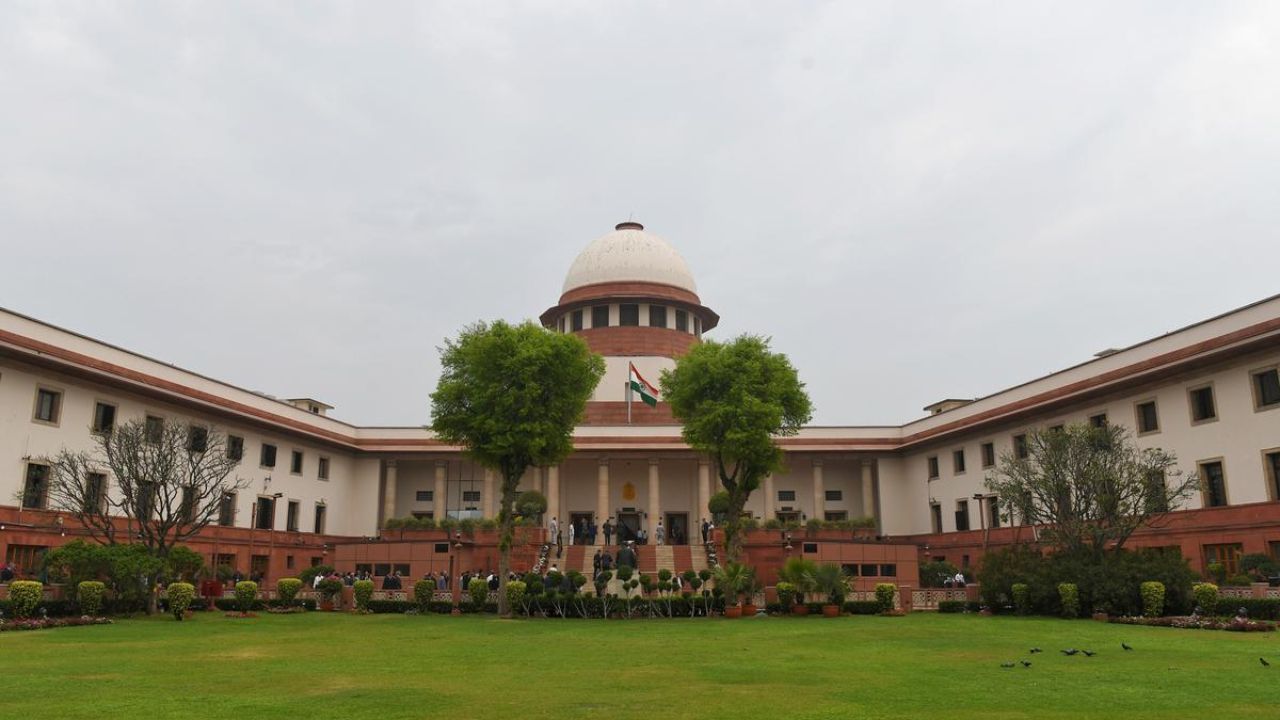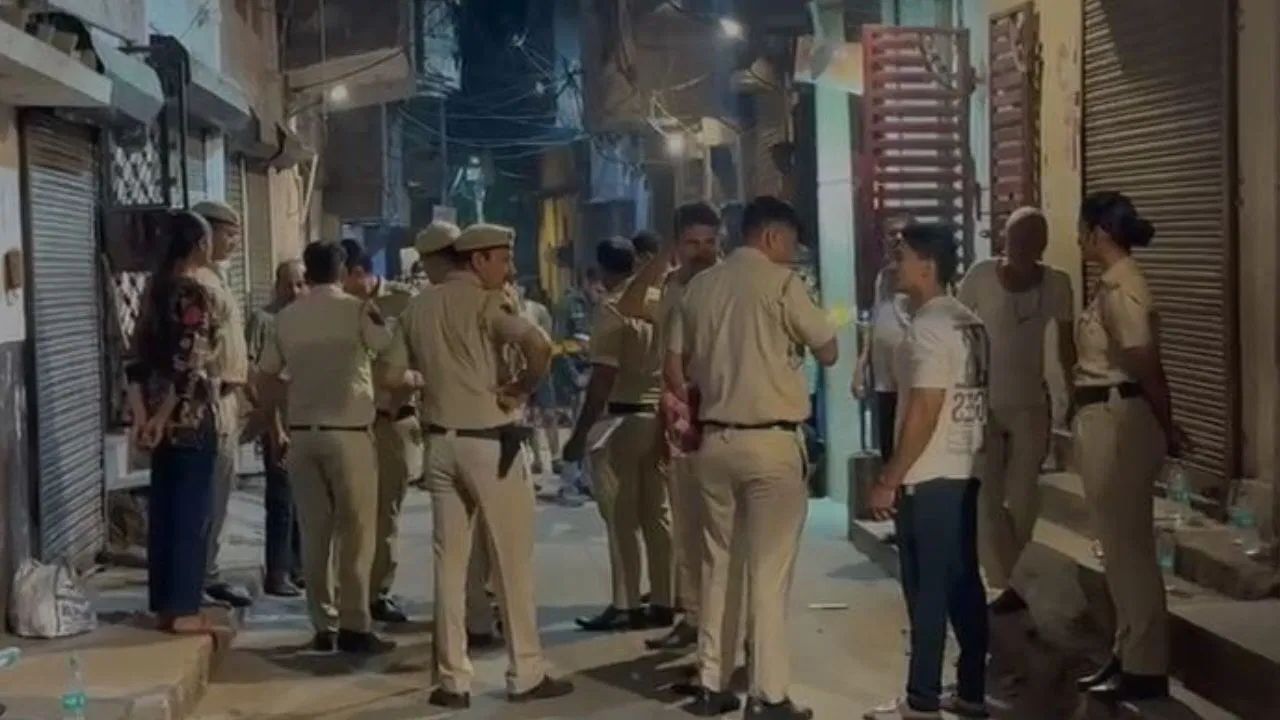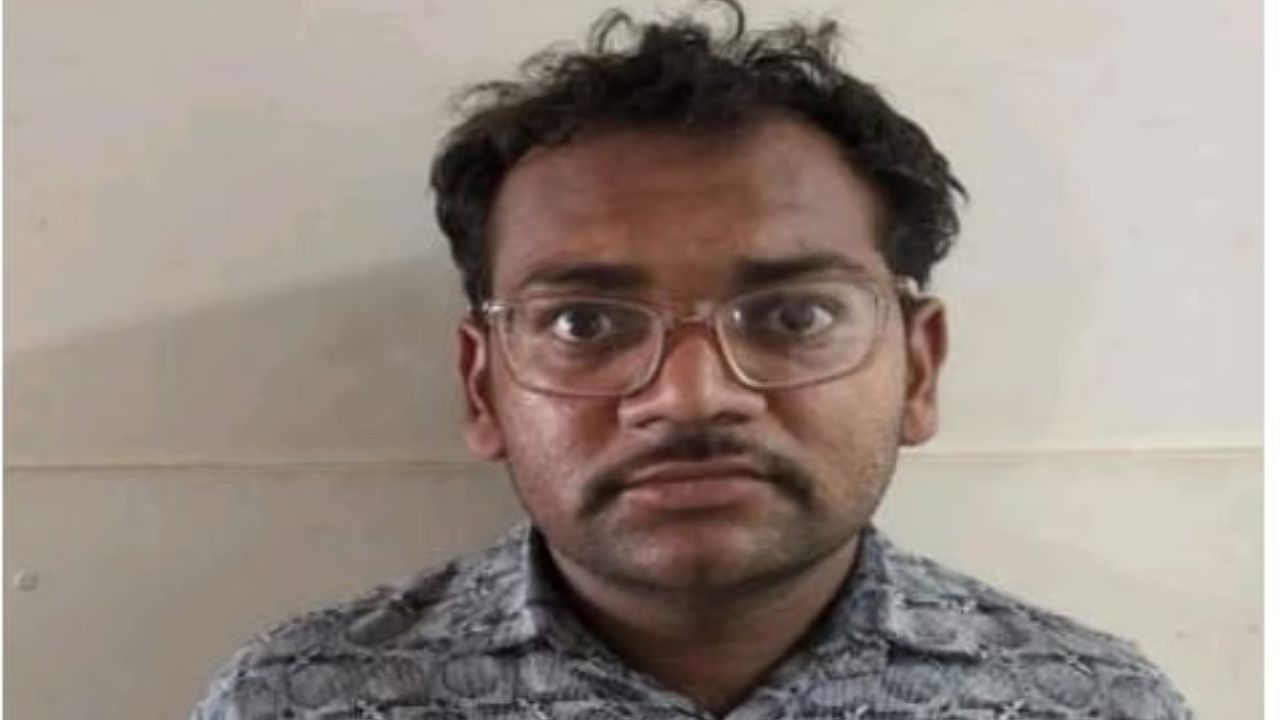Supreme Court Raps Allahabad High Court Over Remarks Suggestions Rape Survivor ‘Invited Trouble’
Supreme Court Criticises Allahabad High Court Over ‘Insensitive’ Remarks in Rape Case Bail Order The Supreme Court on Tuesday expressed strong disapproval of an Allahabad High Court order that stated the rape survivor had “invited trouble”

Supreme Court Criticises Allahabad High Court Over ‘Insensitive’ Remarks in Rape Case Bail Order
The Supreme Court on Tuesday expressed strong disapproval of an Allahabad High Court order that stated the rape survivor had “invited trouble” by going to the accused’s house after consuming alcohol. A bench led by Justice BR Gavai termed the observations highly insensitive and inappropriate, cautioning that judges must exercise greater care while framing such remarks.
“Granting bail is one thing, but comments like ‘she invited trouble’ are problematic. One must be cautious with such statements—especially from the bench,” Justice Gavai said, as quoted by Bar and Bench.
The controversial bail order, issued last month by Justice Sanjay Kumar Singh, also commented on the complainant’s maturity, stating that since she was a postgraduate student, she was “competent enough to understand the morality and significance of her act.”
Solicitor General Tushar Mehta, supporting the plea against the high court’s order, told the bench: “Justice must not only be done, but also seen to be done. How such orders are perceived by the public matters.”
The Supreme Court has listed the matter for further hearing in four weeks and directed that notices be served on the respondents.
The plea, filed by civil society group Just Rights for Children Alliance along with the survivor’s mother, challenged the bail order. Senior advocate HS Phoolka, representing the petitioners, urged the court to club the case with an ongoing suo motu matter concerning similarly insensitive judicial observations in another case. He also pointed out that the high court had named the survivor’s mother, who is the complainant—violating established norms of victim protection.
This development comes in the wake of another controversial order by the same high court, which the Supreme Court had already stayed on March 26. In that earlier case, the high court ruled that grabbing a woman’s breasts and pulling the drawstring of her lower garment did not constitute an attempt to rape. The top court called the reasoning “inhuman” and “totally insensitive,” staying the high court’s observations and initiating suo motu proceedings.
“In ordinary circumstances, we refrain from staying bail orders. But the observations in paragraphs 21, 24, and 26 of the high court’s March 17 order are beyond the pale of law,” the Supreme Court had noted in its earlier intervention.
Notices were also issued to the Union government, Uttar Pradesh government, and other parties in the case. The stay on the observations means they cannot be used to support legal arguments or relief claims by the accused or others in future proceedings.
The apex court’s interventions have reignited urgent debates around the need for gender sensitivity and victim dignity in the Indian judiciary, especially in cases involving sexual violence.





